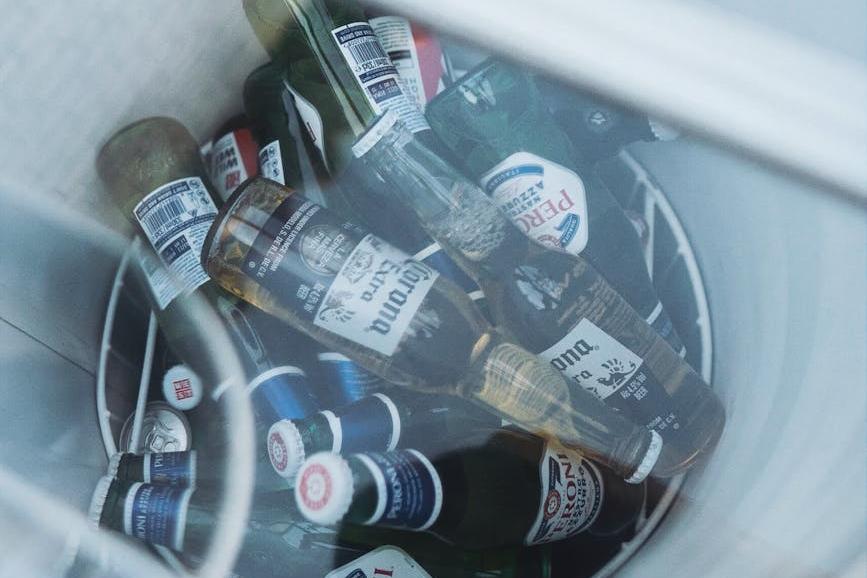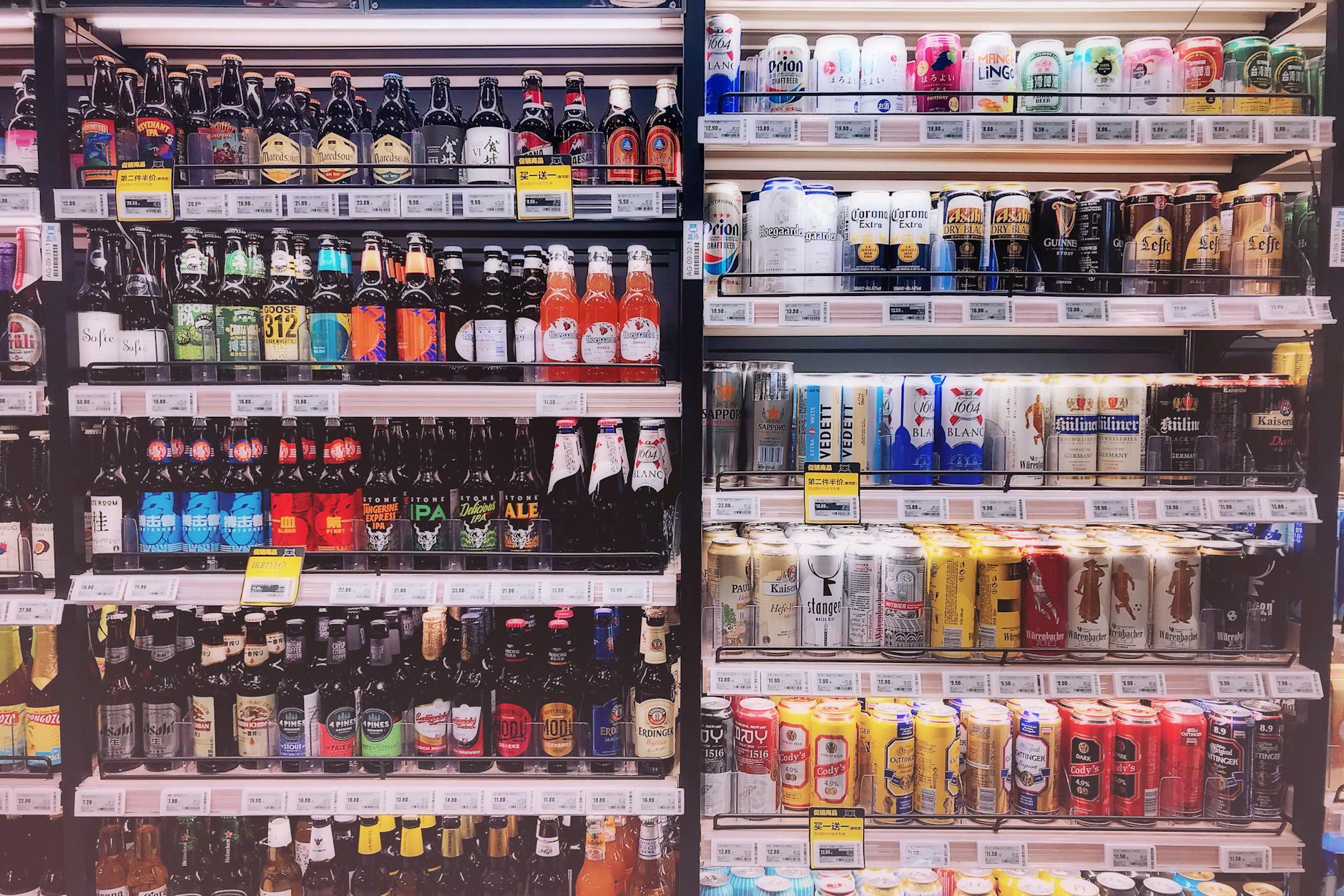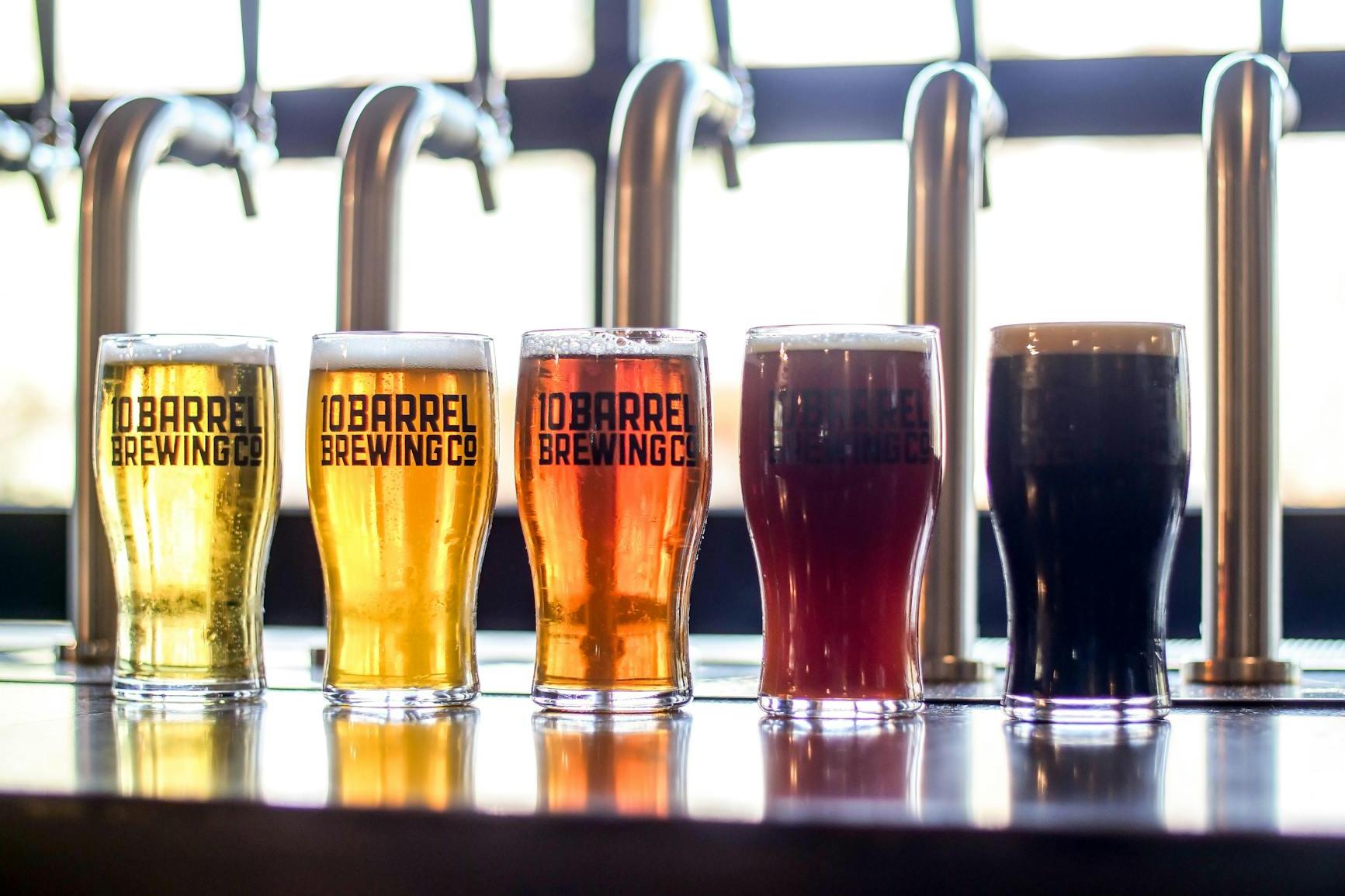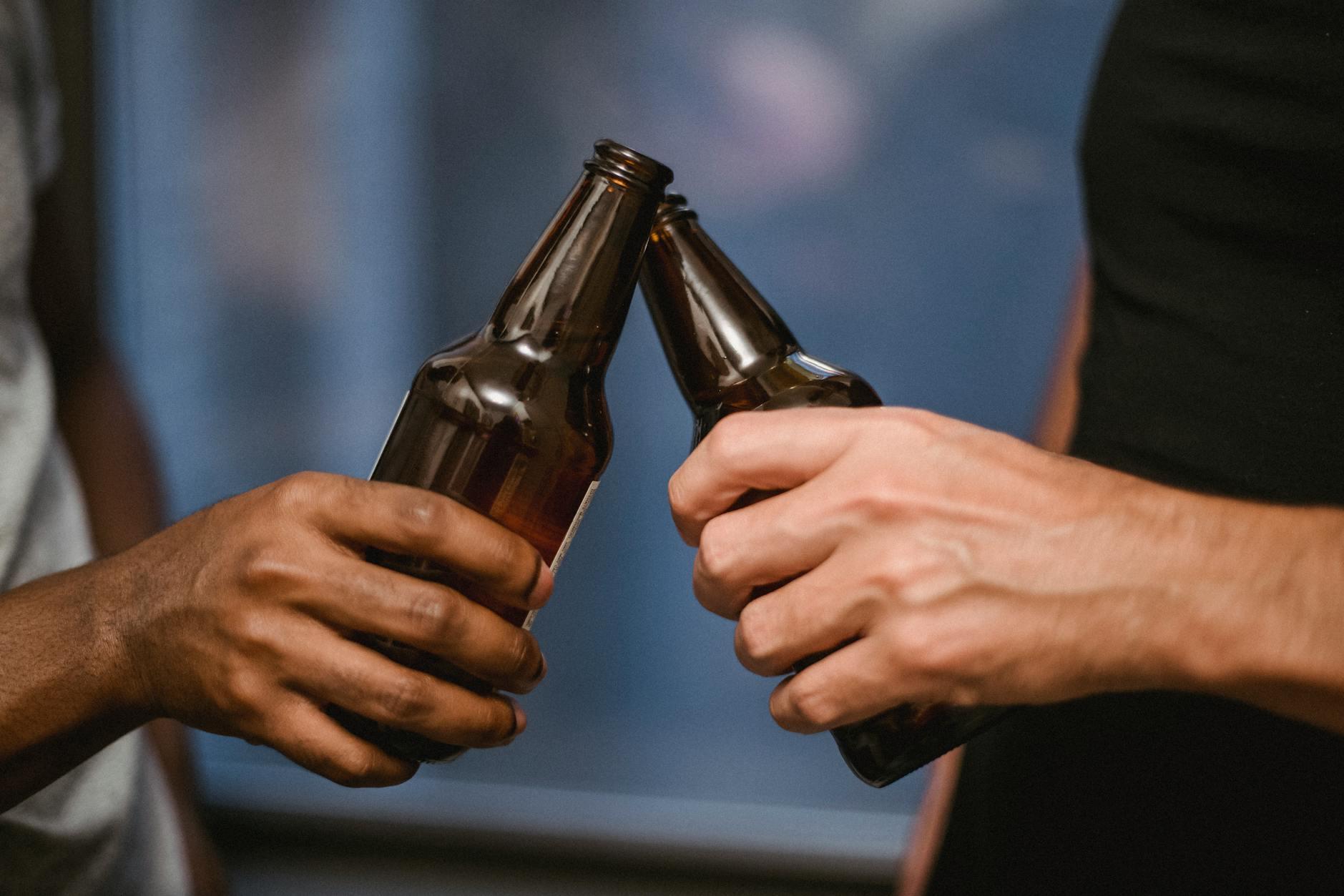- Shanghai Zhongshen International Trade Co., Ltd. - Two decades of trade agency expertise.
- Service Hotline: 139 1787 2118

Basic Framework of Import Beer Agency Agreements
After reviewing over 200 import beer brand cooperation agreements, I found that standardized agency agreements typically includeSeven Core Modules:
- Authorization Scope and Geographical Restrictions
- Purchase Volume and Price Adjustment Mechanism
- Intellectual Property Usage Specifications
- Market Promotion Responsibility Allocation
- Quality dispute handling process
- Agreement Termination Conditions
- Governing Law and Dispute Resolution
The Double-edged Sword Effect of Exclusive Agency Clauses
Last year, when handling an agency dispute for a German craft beer, the problem arose fromExclusive Authorization Clause:
- Actual Case: The agency mistakenly interpreted Greater China Exclusive Agency as including Hong Kong, Macau, and Taiwan regions, but the contract actually limited it to the mainland market
- Pitfall Avoidance Recommendations:
- Request a contract appendix with administrative region division maps
- Clarify the judgment criteria for e-commerce channel ownership
- Agreed automatic coverage mechanism for newly established free trade zones
Dynamic balancing technique for minimum purchase quantities
Based on industry data from 2020-2025, reasonable annual purchase quantities should meet:
| Beer types | First-year guaranteed quantity (standard cases) | Second-year growth percentage |
|---|---|---|
| Industrial beer | 5,000-8,000 | 15%-25% |
| Craft Beer | 800-1,500 | 30%-50% |
Recommended to add in the agreementMarket fluctuation adjustment clause, for example, when import tariff changes exceed 3%, both parties may renegotiate purchase prices.
Practical points for intellectual property protection
A client was once fined 2 million yuan for unauthorized modification of label designs. These details require special attention:
- Chinese back label filing must match the actual usage version
- Usage period of promotional materials provided by the brand owner
- Copyright declaration standards for social media promotions
- Anti-counterfeiting label verification and traceability system
Soft landing plan upon agreement termination
Recommended to supplement in Article 14 of the agreementTransition period clause:
- Inventory processing time limit (recommended 90-180 days)
- Confidentiality requirements for customer data transfer
- After-sales service responsibility transition plan
- Disposal of uncompleted orders
Finally, a small tip: request the foreign party to provideTemplate for certificate of origin and sanitary certificateAs contract attachments, this can avoid over 30% of customs clearance disputes. Remember to have legal verify these three key points before signing: acceptability of dispute resolution venue, recognition of arbitration institution, and enforceability of judgments. With these preparations, your beer agency journey will be smoother!
Related Recommendations
Contact Form
Category case
Get in Touch
Email: service@sh-zhongshen.com
Related Recommendations
Contact via WeChat

? 2025. All Rights Reserved. Shanghai ICP No. 2023007705-2  PSB Record: Shanghai No.31011502009912
PSB Record: Shanghai No.31011502009912









